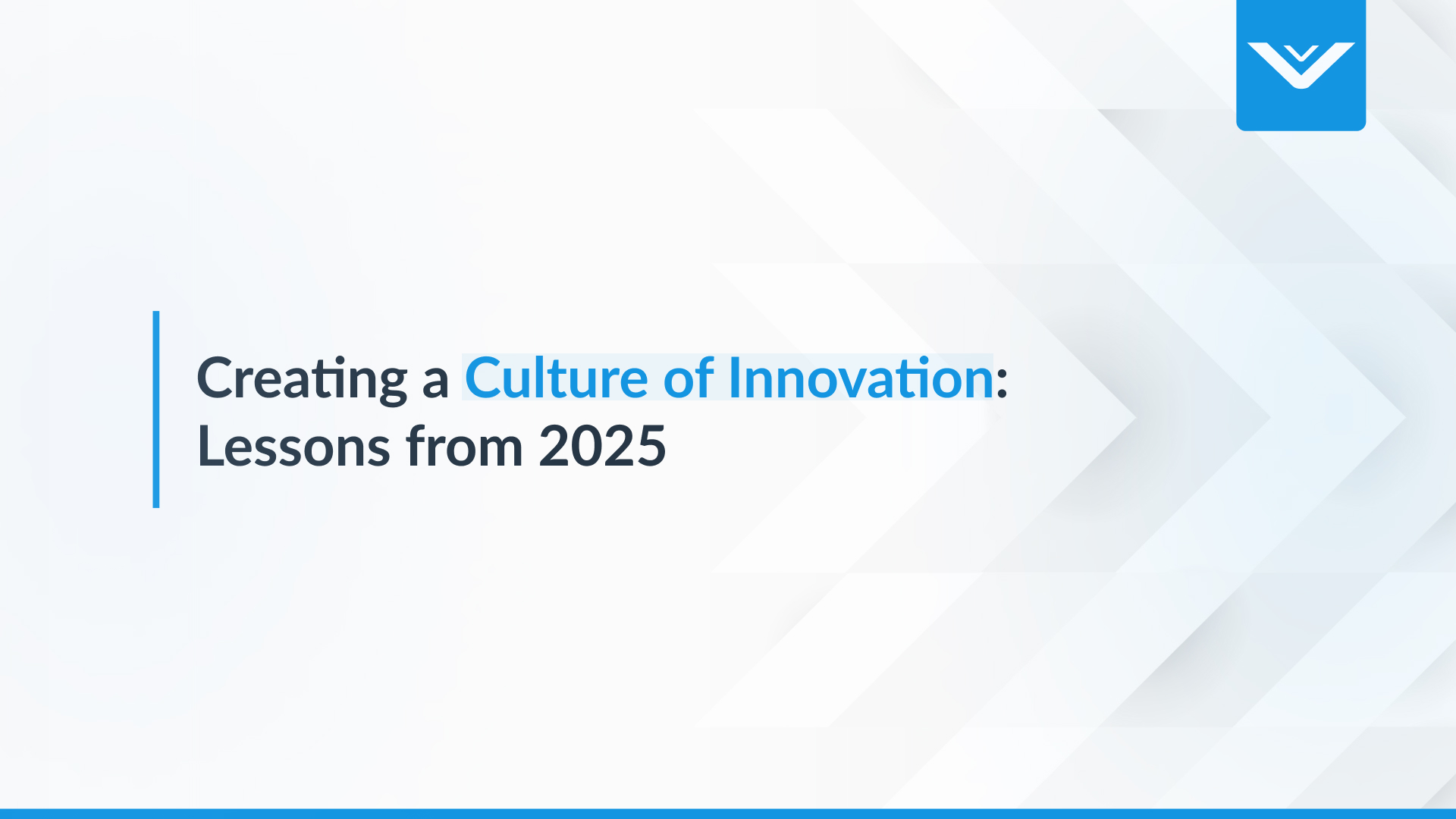

As we wrap up the last month of a very interesting 2020, to say the least, we've taken time to reflect on some of the many trends that we've heard from Council Members as well as our roundtable sessions.
The Business of People
Innovation Insights: The Business of People
As we wrap up the last month of a very interesting 2020, to say the least, we've taken time to reflect on some of the many trends that we've heard from Council Members as well as our roundtable sessions. Not surprisingly, and thankfully, one of the biggest takeaways from this year are the conversations around the people and culture that make up a business. We've heard from countless leaders in our community who share a genuine concern for their employees, and it's incredibly refreshing to listen to this when many see companies as machines of profit over people. In the office, it is easier to foster community and build these organizational cultural pieces, but as many now sit in their homes behind a screen all day, leadership has to work overtime on innovating to maintain this focus on support for their employees.
When looking at your people in the organization, we ask you as leaders if you think you're doing enough to identify, reward, and foster the growth of the great employees. It's easy when everyone is busy and distributed remotely to overlook and not recognize those key players who truly embody the team's culture and work ethic. It doesn't even have to be someone on your team; maybe you’re a CISO who takes the time to personally thank an employee for reporting a suspicious email by sending them a gift card for a coffee. Perhaps it's giving someone the day off as a thank you for working so diligently on a project or sending them lunch from the company. There are countless ways to show appreciation, and that's something that should be at the top of a leader's mind when the costs of losing a great employee far exceed the effort in building a supportive environment.
While identifying the great ones, it is equally important to spend the time to find those who might be hindering the growth of an organization. A question to ask yourself here is for those employees who are creating an unfavorable environment for others is how we as leaders are dealing with the change management of those who don't want to change. In the era of accelerated transformation and innovation, there will be roadblocks on your team, and how do you identify and supportively try and work with those employees to change the mindset, and when is it time to make a more concrete employment decision? There's no easy answer to this, and this might be common knowledge, but is action being taken to remedy the situation and build a better culture for your team?
Lastly, as you grow your team or fill open positions, are you hiring for culture or hiring for experience? This is a thread we've seen throughout multiple conversations as leaders reflect on bad hires because they checked the boxes with their experience, but that's where the fit stopped. Our community has resonated with those hires who had an entrepreneurial mindset or background, wearing multiple hats and very evident ambitions of growth. A Council Member recently mentioned that her best developer hire was a coffee shop employee who took a ten-week coding boot camp, and the previous leadership would never have given that person the time of day for an interview. Asking yourself and your hiring team how will we be more innovative with our hiring process to balance out the myriad of resumes and put people and culture behind those pieces of paper, especially now when most interviews are not even conducted in person is critical.
We can't thank you enough for being such a vital part of a phenomenal community of leaders. When we all come together and openly discuss challenges, trends and ideate together, we can truly drive innovation for the better. We're looking forward to a very exciting 2021.
Spread the word.
Thousands of subscribers receive our newsletter every week breaking down what's happening across the technology community.
Join them today.
Keep Reading

Creating a Culture of Innovation: Lessons from 2025
Creating a culture of innovation means staying curious, supporting teams through uncertainty, and continuously raising the bar for what’s possible. The technology will keep changing. The pace will keep accelerating. But organizations that invest in their people and cultivate the right culture will always find their next summit and the energy to climb it.

.png)
Change Management Guide: How to Enable Real Adoption and Long-Term Value of Your Technology Initiatives
Change is a constant in today’s enterprise environment, but successful adoption doesn’t happen on its own. Organizations that plan, structure, and support change intentionally are better equipped to see results—faster, with less disruption, and with greater alignment across teams.


.jpg)
